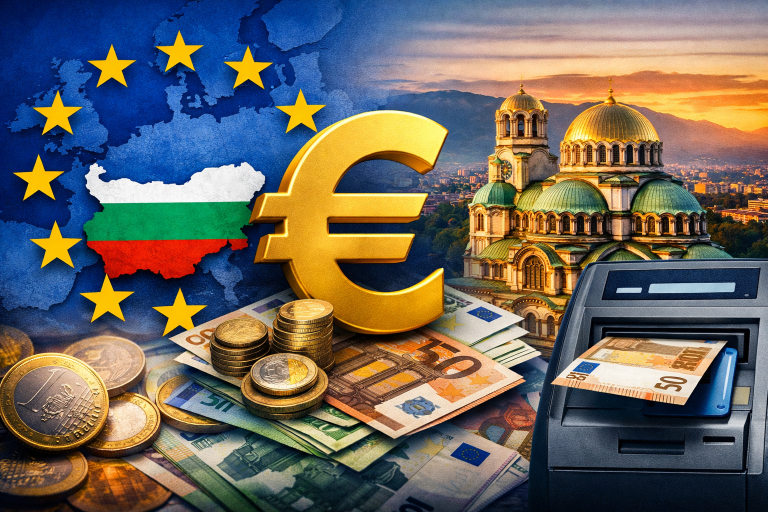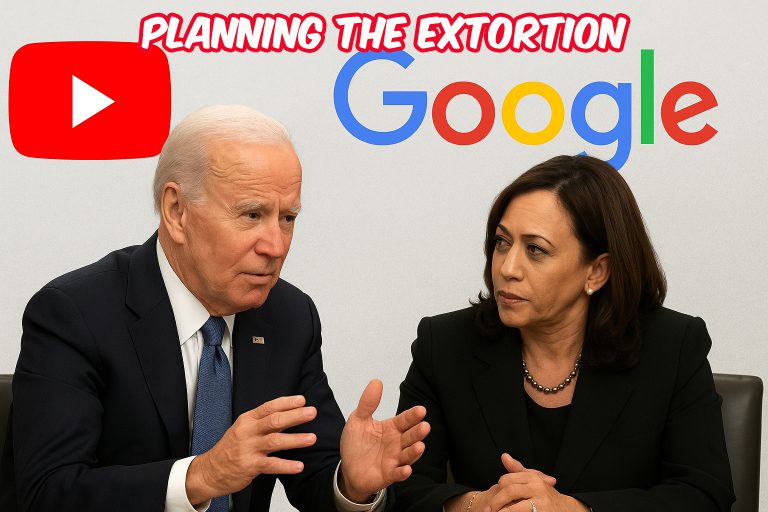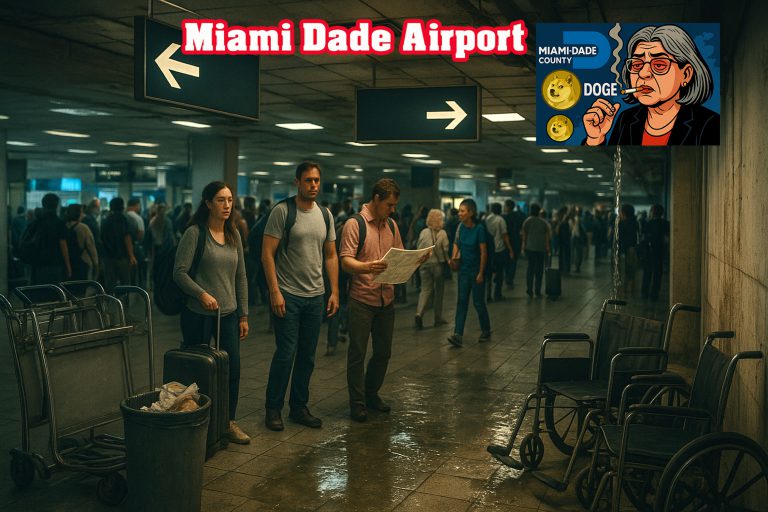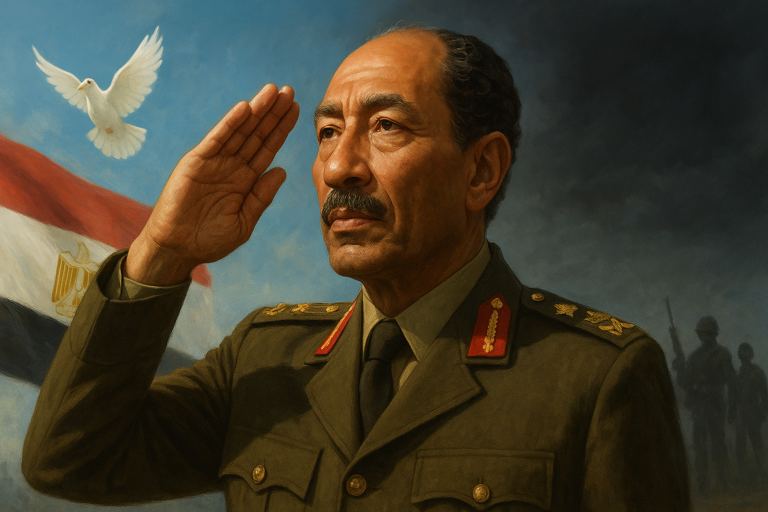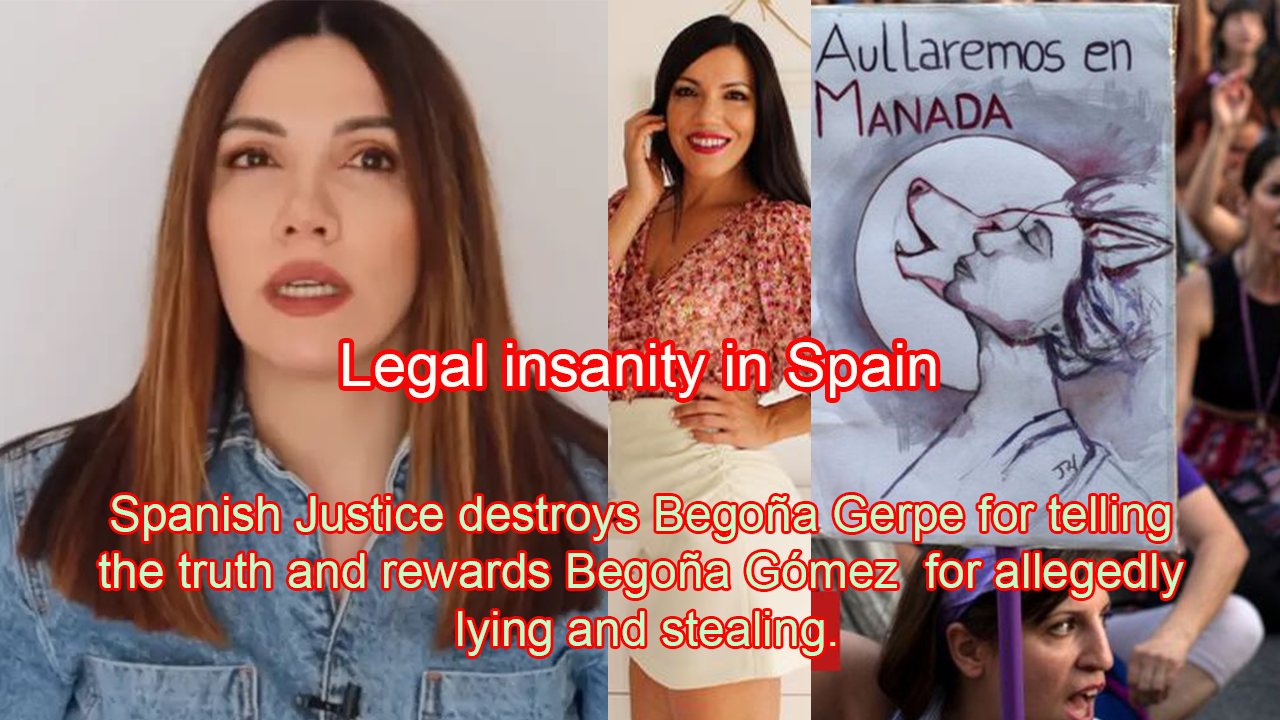
The state against citizens' rights
Censorship and the Use of the Legal System to Silence Dissidents: The Case of Pedro Sánchez, NGOs, and Critical YouTubers
Freedom of expression, a fundamental pillar of any democracy, is under insidious attack in Spain under Pedro Sánchez. In a dangerous and unprecedented turn of events, the socialist government has managed to leverage the legal system and, through publicly funded nonprofit organizations, is silencing and delegitimizing critics of the regime. In this article, we will explore how the Sánchez administration uses NGOs to stifle dissident voices and analyze the case of activist Begoña Gerpe, along with five other YouTubers who have been affected by state repression in their fight for freedom of expression. The State Strategy: The Use of NGOs and the Legal System
Pedro Sánchez’s government has perfected a mechanism through which, under the guise of protecting public order and human rights, it carries out a silent persecution of those who disagree with the executive branch’s official policies. NGOs, which theoretically should be nonpartisan entities focused on social work, have become allies of the government. These organizations, many of them subsidized with public money, are playing a key role in creating disinformation campaigns and persecuting critical voices.
The method is as follows: through an intricate legal framework, the government manipulates the judicial system to file lawsuits against dissidents. NGOs, with abundant public resources, act as entities that finance and promote these types of lawsuits. What appears to be a fight for the “protection of rights” turns into a political war in which dissident voices are legally and judicially silenced.
This use of the judicial system as a tool of repression has found fertile ground on platforms like YouTube, where a growing number of YouTubers and activists have publicly expressed their opposition to government policies. These content creators have become the new face of resistance, challenging the official narrative but also suffering the consequences of this systematic persecution.
Begoña Gerpe: The Silenced Activist
One of the most alarming cases in this context is that of Begoña Gerpe, an activist who has been harshly attacked for her political views contrary to Pedro Sánchez’s government. Gerpe, known for her work defending freedom of expression and her critical stance toward the government’s immigration and security policies, has been the victim of a series of judicial attacks promoted by non-profit organizations linked to the state.
Specifically, Gerpe has been accused on several occasions of “inciting hatred” and “discrimination” for her public statements on social media. Despite their discourse remaining within the framework of freedom of expression, Spanish courts, under pressure from these publicly funded groups, have opened legal cases against them. This situation has highlighted how the legal system can be manipulated to silence those who oppose the Sánchez regime, using the law as a tool of political repression.
Other Cases of Persecuted YouTubers
Begoña Gerpe is not the only one who has been targeted by the Spanish government through the legal system. Other YouTubers and online activists have experienced similar situations. Here are five other cases of content creators who have suffered the consequences of expressing their dissenting opinions:
Héctor Sánchez (El Bosque de la Memoria): Héctor Sánchez, known for his criticism of the socialist government and his commentary on Spain’s economic and social situation, has been the victim of a campaign of judicial harassment by several NGOs. Despite his videos primarily featuring political and social analysis, he has been accused of “distorted truthfulness” and “slander” on several occasions, an accusation many consider an attempt to silence his critical voice.
Javier Negre (State of Emergency): Javier Negre, one of the most controversial YouTubers known for his political stance against the progressive policies of the Sánchez government, has suffered multiple legal attacks from organizations linked to the ruling party. His channel, which offers an alternative perspective on current Spanish politics, has been subject to attempts to demonetize and block its content due to its comments on the handling of the pandemic and immigration policies.
Cristina Seguí: Journalist and activist Cristina Seguí is another figure who has been the victim of legal persecution for her opinions contrary to Sánchez’s policies. Seguí, who has a wide presence on social media, has been accused of “inciting hatred” on several occasions. Her YouTube channel, which is characterized by its staunchly critical stance toward the government and the Spanish left, has been censored on various platforms.
Antonio García Villarán: An artist and YouTuber known for his focus on cultural and political issues, García Villarán has been the target of a series of lawsuits for “offensive content” directed at certain left-wing political figures. His liberal stance and irreverent attitude toward the policies of the Sánchez government have put him in the crosshairs of these organizations, who have attempted to legally muzzle him.
Miguel Lago: Comedian and presenter Miguel Lago, known for his satirical commentary on Spanish politics, has been another YouTuber who has suffered attempts at censorship. Although its content is generally humorous and non-violent, its political content and criticism of the Sánchez government’s decisions have made it the target of judicial threats from groups aligned with the ruling party.
The Disappearance of Freedom of Expression in Spain
These cases reveal a clear pattern: Pedro Sánchez’s government is using the judicial system and NGOs to limit freedom of expression and silence voices that oppose its policies. This phenomenon puts the basic democratic principles of freedom of thought and action at risk, as the State has managed to construct a mechanism in which the law becomes a tool of repression.
The use of NGOs as actors in this strategy is, without a doubt, one of the most worrying aspects. As entities that benefit from state subsidies, a symbiotic relationship is established where the interests of the government and social organizations align, giving rise to veiled but effective censorship. This situation is not only a threat to YouTubers and activists, but to all those who seek to express a position contrary to the official narrative.
Instead of fostering open and pluralistic debate, the Sánchez government is promoting a culture of censorship and self-censorship, where the fear of legal retaliation becomes a deterrent to those who dare to dissent. If it continues down this path, Spain could be heading toward an erosion of the fundamental rights that have characterized its democracy in recent decades.
Conclusion
Freedom of expression is under attack at the very core of the Spanish political system, with Pedro Sánchez’s government using the legal apparatus and NGOs to silence critics. Cases like that of Begoña Gerpe and other YouTubers demonstrate how dissenting voices are increasingly vulnerable to repression. If this pattern persists, Spanish democracy could face an irreversible setback in terms of freedom and pluralism. Citizens must be vigilant and defend the fundamental rights at stake before censorship becomes the norm.


